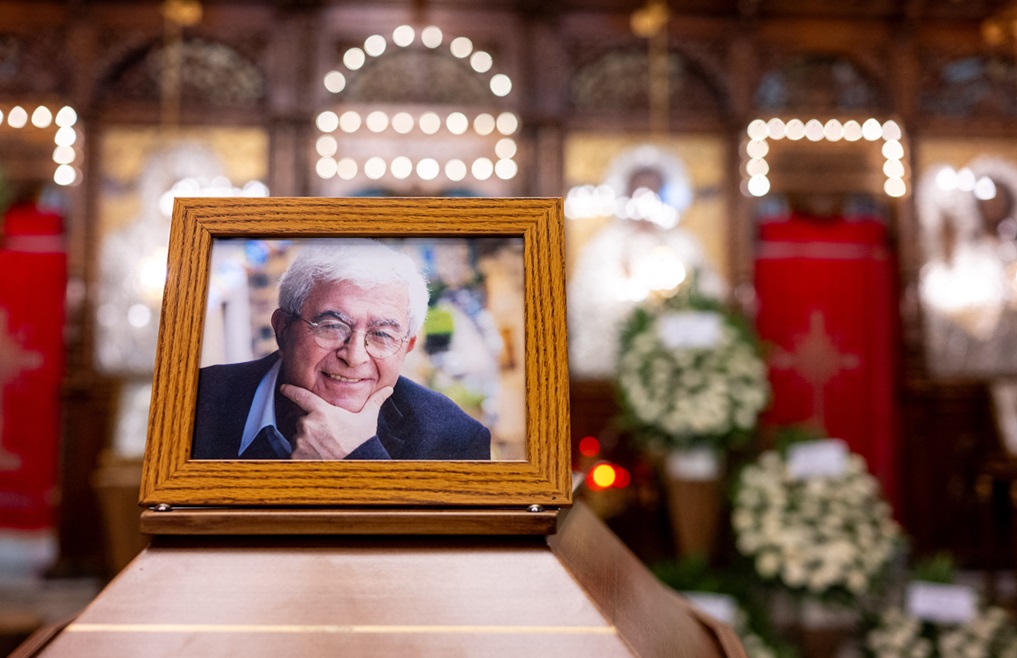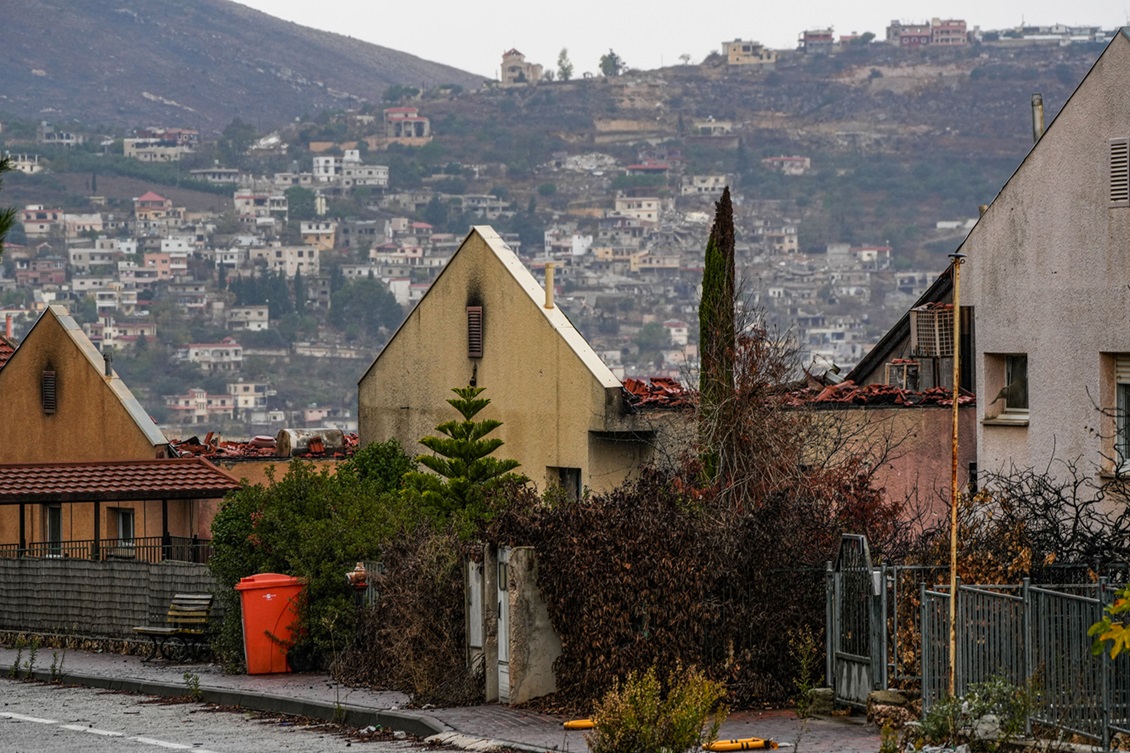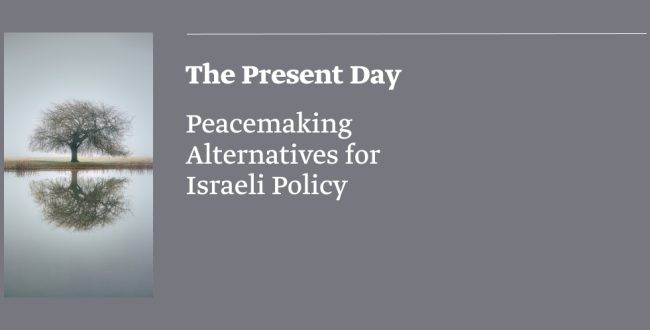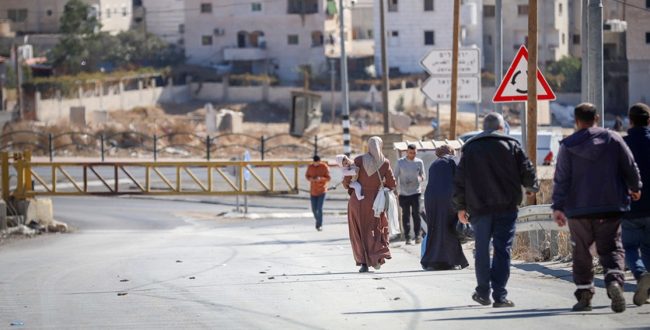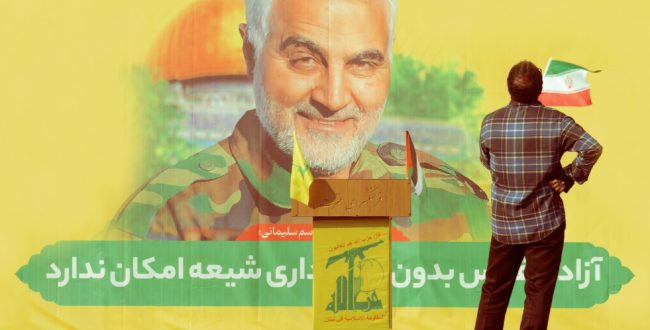Benjamin Netanyahu’s acceptance of a ceasefire with Lebanon (in fact with Hezbollah) draws on the Israeli narrative of the war. According to this narrative, Hezbollah’s forces were ready to invade the Galilee on October 7 or 8 and capture northern settlements, similar to what Hamas did along the border with Gaza. For some reason, this never happened; instead, a much more limited conflict ensured in the north, following the Hamas attack.
A year after the invasion that never was, the IDF dealt mortal blows to this northern enemy, eliminating most of its senior leadership and clearing the border area of weapons and fighters. The emerging victory against Hezbollah retrospectively justifies the relatively small strike by Hamas from the south on October 7, which proved to be merely a wake-up call, a warning of sorts from larger scale attack from the north, now prevented. From this point of view, the ceasefire is the ceasefire is the result of a preemptive military victory.
This narrative rests on solid facts about Hezbollah as a military organization, which is significantly more powerful than is Hamas. Yet it ignores its strategic goals, as well as the measures it is willing to take to achieve them. Strategically, Hezbollah has taken two consistent steps since October 7 that defy the invasion narrative: on one hand, it refrained from engaging in a full-scale war against Israel; on the other, it maintained what could be called “limited solidarity” with its allies, especially Iran and Hamas.
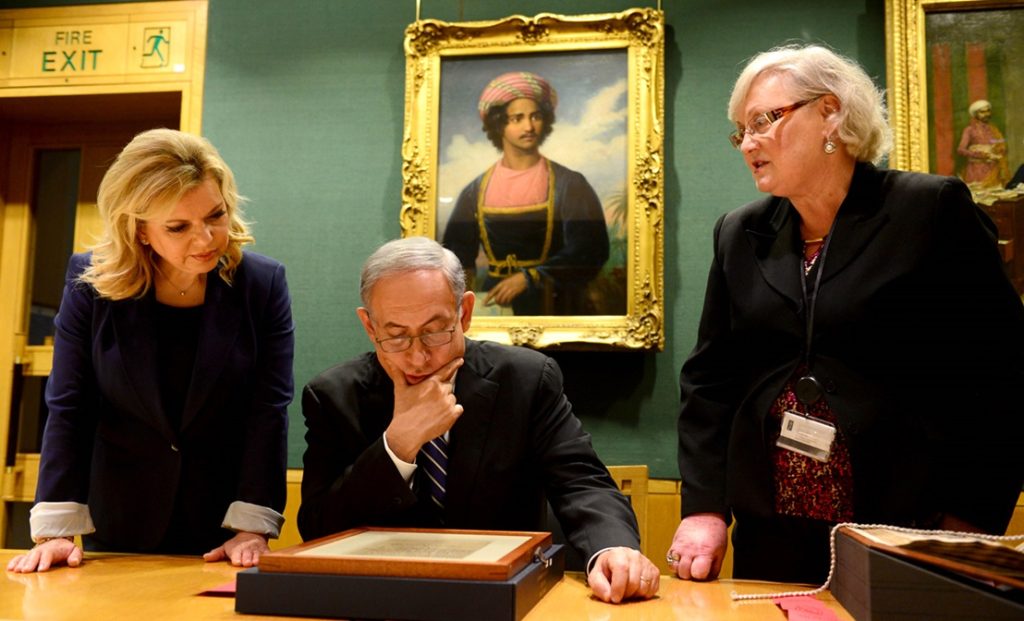
This consistency stems from Hezbollah’s identity as primarily a Lebanese organization, whose raison d’être is to advance the interests of the Shia community within that country. Total destruction of Lebanon, in a way that would make the Lebanese public blame Hezbollah for it, runs against the organization’s strategy. (This was reflected in Nasrallah’s much-discussed public regret in August 2006 for the attacks that brought about the Israeli invasion).
On the other hand, completely abandoning Gaza or Iran would also be impossible for Hezbollah, both symbolically and militarily. If it became clear that Iran’s allies did not support each other at the moment of truth, the military alliance would lose all its credibility. Thus, Hezbollah’s decision not to invade Israel on October 7 or 8 was not a “miracle”, in the words of one Israeli pundit, but rather an articulation of its longstanding policy: to serve as Iran’s insurance against an Israeli or American attack, in exchange for resources to strengthen Lebanon’s Shia community.
The Israeli narrative that views the assassination of Hezbollah’s senior leaders and other military blows to Hezbollah as “compensation” for the failures of October 7 thus confuses means with ends. Hezbollah indeed had, and perhaps still has, the power to inflict unprecedented damage on Israel. Its fighters were indeed heavily armed and positioned near the northern border for many years.
But this posturing looks now as a defensive alignment against Israeli invasion or attack in Iran. Even if one accepts the argument that Hezbollah is merely Iran’s proxy, an insurance policy against an Israeli or American attack, then invading the Galilee would make little sense.
Hezbollah’s involvement in Syrian civil war, Bishara explains, “placed Hezbollah outside any reasonable political framework”
The constant fear of destruction fostered by Netanyahu blurs the ability to recognize, for example, that Hezbollah’s military tactic is not invasion but attrition. This explains at least some of Netanyahu’s re-emerging popularity in the polls. When the alternative to a difficult reality is always theoretical total annihilation, then a “small” war—where the entire upper Galilee is emptied of its residents, and occasional rocket and drone attacks occasionally kill mainly civilians—is seen as a victory or at least justifies a sigh of relief.
However, the fact that Hezbollah employed a successful attrition tactic does not mean that it has not failed miserably in other strategic respects. Primarily, Hezbollah failed to prevent an Israeli invasion of Lebanon—the very threat for which it claimed the need to hold weapons inside Lebanon, unlike other factions. And of course, the decapitation of almost its entire leadership.
Some see it as retributions for Hezbollah’s involvement in the Civil War in Syria. Recently, we offered our Hebrew readers a translation of an in-depth interview with former Israeli exiled Parliament member Azmi Bshara, based today in Qatar, that explains the general Arab ambivalence towards Hezbollah’s failures.
Initially, Hezbollah was popular in Arab public opinion, for expelling Israel from southern Lebanon and later by standing against it in the Second Lebanon War of 2006. This image changed sharply in 2012, when it entered the Syrian Civil War on the side of Bashar al-Assad’s, who was already despised in Lebanon. This involvement, Bishara explains, “placed Hezbollah outside any reasonable political framework: Arab nationalists saw its sectarianism as a threat to Arab unity; Islamists saw it as a threat to Islamic unity, and liberal-nationalists saw it as a challenge to the Lebanese national framework”. Moreover, as recently argued by the FT the extension to Syria made Hezbollah prone to intelligence penetration, such that ultimately came to fruition in the series of blows dealt to it by Israeli since July.
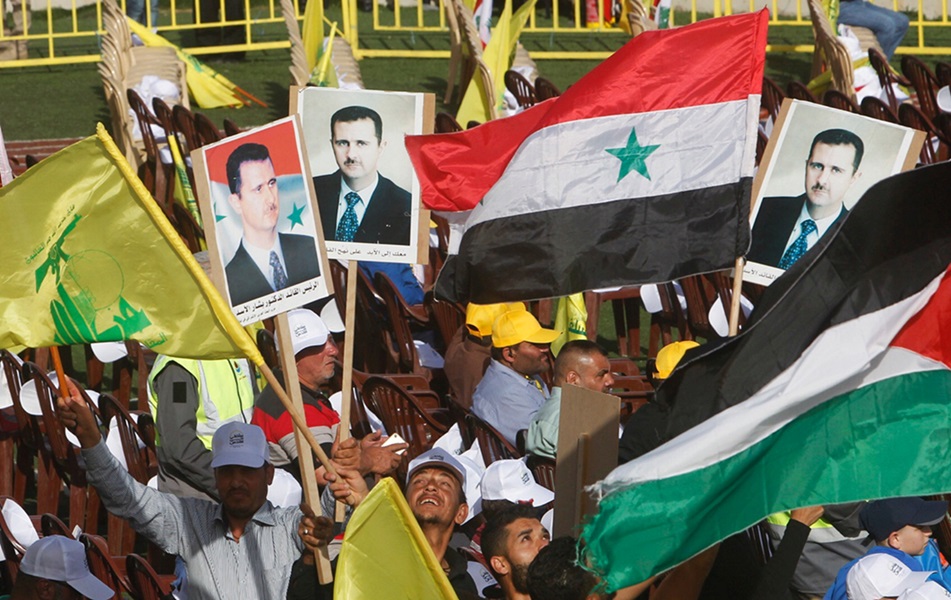
The Arab perspective we present here is important for understanding that criticism of Hezbollah did not imply Arab support for an Israeli invasion of Lebanon to “restore order”. Our colleague Yariv Mohar reminded our Hebrew readers that this is highly unlikely and suggested reversing the order: solving the Palestinian issue as a pathway to peace with Lebanon: “Given an imagined future where Israel reaches a fair settlement with the Palestinians, Hezbollah might see it as a respectable exit from the conflict”.
The Balfour Decleration: A Day That Will Live in Infamy
In this current period, when events seem to follow one another in dizzying succession, each claiming to be historic in its own right, past events tend to be forgotten. One such event, which took place on November 2, 107 years ago, is the Balfour Declaration—a public letter in which British Foreign Secretary James Balfour called for the “establishment in Palestine of a national home for the Jewish people”.
Although few outside Israel still mark that it, the declaration remains a pivotal event shaping the political reality in the Middle East and beyond. As historians like Eugen Rogan or Arie Dubnov explained in recent years, the Balfour Declaration was part of the imperial politics of World War I, and symbolized what many preferred to repress: that the Zionist movement grew out of an alliance with rather than as a rebellion against imperialism.
Dotted with vague and general terms, the declaration gained true political significance only after the British occupation of Palestine in 1918. The Zionist movement’s significant political achievement was embedding the declaration as Article Two in the subsequent Mandate Charter. From that moment on, the abstract idea of establishing a “Jewish national home” became a quasi-constitutional principle of the British Mandate for Palestine and of the newly formed League of Nations (the precursor of the UN).
All subsequent international decisions, particularly the UN Partition Resolution of November 1947, essentially relied on that principle.
To recover from generational trauma, people need not only reflection, recognition, and reparations but also new and secure living conditions
Almost immediately upon its publication, the declaration became a symbol of injustice in Palestinian and broader Arab societies, referred to as al-waʿd al-mash’um (the accursed promise). The Arabs of the Middle East also expected to gain independence after World War I, but instead they faced British and French colonial regimes, more direct and authoritarian than anything they had previously experienced.
The Balfour Declaration, which allocated part of the broader Arab homeland to a small religious minority, was, from the Arab perspective, the final straw. Much of the Palestinian opposition to the British mandate organized around the declaration, and November 2 quickly became a day of protests and strikes that continued on and off for until very recently.
Today, commemorating the declaration primarily signifies the vast gap between the different ways the history of the country is perceived. For Palestinians, the declaration was problematic not only because it granted (part of) Palestine to Jews, but also because, even when it promised not to harm their rights, it merely underscored their unrecognized status as a nation. From a Palestinian perspective, the problem is not rooted in 1967, nor in 1948, but in 1917 (or, more precisely, when Britain completed the occupation of Palestine in 1918).
In The Iron Cage, historian Rashid Khalidi summarized generations of Palestinian claims: the Palestinian problem does not begin and end with is irreducible to the establishment of a Jewish national home, but also involves its consequences: the chronic, ongoing international non-recognition of the Palestinians’ rights to sovereignty and independence. Setting 1917 as year zero of the conflict does not necessarily call for any specific political solution, but pushes us to consider generational trauma as a factor in the intensifying circle of violence between Palestinians and Jews. Fears, guilt, shame, aggression, anger and noncontrolled violence are “inherited” from one generation to the next. To recover from the trauma, people need not only reflection, recognition, and reparations but also new and secure living conditions that can prevent the trauma from recurring.
Marking Balfour is an opportunity not only to reflect on current leadership, but also to contemplate on the role of the international community in aiding and abetting the generations-long conflict in Israel/Palestine
In an interview with Adam Shatz upon the anniversary of October 7, Palestinian historian Yezid Sayigh argues that what we are witnessing now is in fact a Palestinian crisis of leadership, in which the irresponsibility of Hamas leadership is the outcome of the PLO’s paralysis.
Through the lens of the Balfour Declaration, it appears that Israel too currently lacks leadership that would offer a sustainable political approach that would stop the reproduction of trauma. In fact, various conflict resolution proposals by Israeli politicians—ranging from the far right’s “encouragement of emigration” to the “conflict management” approach offered by the Zionist center-left – again fail to recognize the Palestinians as a national group, leaving them colonized and ignored, just as they were a century ago.
Marking Balfour is an opportunity not only to reflect on current leadership, but also to contemplate on the role of the international community in aiding and abetting the generations-long conflict in Israel/Palestine. The Balfour Declaration was in many ways a way of exporting Europe’s Jewish Question to the East, and making sure that the Arabs would ultimately pay for Europe’s centuries-long mistakes.
Therefore, thinking today about Balfour as part of international law does not call for Western guilt, but rather to responsibility. A responsible approach would insist on abiding by international law, the accountability of political leaders, and viable political solutions. Indeed, these principles are what justified the establishment of the State of Israel in the first place.
Adieu to Elias
Another commemoration due in this month’s newsletter is in honor of Elias Khoury, who passed away September 15. Khoury who was born in Beirut on 1948. In both life and work, he represented the inseparability of the Palestine question from the larger Arab world, and Israel’s place within it.
Khoury is an example for an Arab intellectual who has managed to fully align with the Palestinian cause, maintain an uncompromising anti-Zionist stance, and still engage open and fruitful dialogues with Israeli society through the translation of his books into Hebrew.
Khoury was born into a middle-class Christian family in Beirut. Like many young Arabs of his generation, he was drawn to the Palestinian struggle with a mix of humanitarian and political motives. In 1967, at the age of 19, he travelled to Jordan to join Fatah as a guerilla, but soon found his way to writing and editing. In the early 1970s, he studied in France, before returning to Lebanon to write about Beirut and Palestine.
The book that earned him international recognition and introduced him to readers in Israel was his magnum opus Bab al-Shams (The Gate of the Sun, 1998), a novel that weaves together countless stories of Palestinian displacement he had heard while visiting refugee camps in Jordan and Lebanon.
Despite the controversy around normalization with Israel in Arab societies, Khoury did not withhold this treasure from Israeli readers and allowed his books to be published in Hebrew. Today, Yehouda Shenhav-Shaharabani is busy translating all of Khoury’s work as part of the Maktoob Project at the Van Leer Institute. For this, as Khoury explained to him once, no formal contracts or agreements are needed.
“Tell him I won’t sue him,” he told a mutual friend when Shenhav Shaharabani first wondered whether he could translate his books (as narrated by Shenhav-Shaharabani in a book of discussions with Khoury, published in Hebrew).
Arabic literature is crucial in fostering recognition and accountability among Israelis about the Palestinian experience
These friendly relations did not dull Khoury’s sharp criticism of Israel and the United States, which he expressed in thousands of articles and other political activities. On the contrary, Khoury’s open approach to Hebrew translation exposed an important perspective marginalized by mainstream Zionism, that Hebrew as a language transcends the State of Israel. This is important because Arabic literature is crucial in fostering recognition and accountability among Israelis about the Palestinian experience.
Moreover, good literature is written for future generations, for readers who will live in a reality different from today’s. Translation is part of changing this reality peacefully.
Against the backdrop of another round of military escalation in Lebanon, and the commemoration of the Balfour Declaration, Khoury’s works gains further significance, as it represents a way of healing the Balfourian rupture. Balfour’s logic was based not only on separating Jews from Europe, and Arab from Jews, but also on separating Palestine from its Arab surrounding.
Khoury’s reflections on Palestine from Beirut, and in Hebrew to boot, was also an attempt at dialogue with the Jews and at reintegrating them in the Middle East, without however dulling the critical edge required for reconciliation processes.
